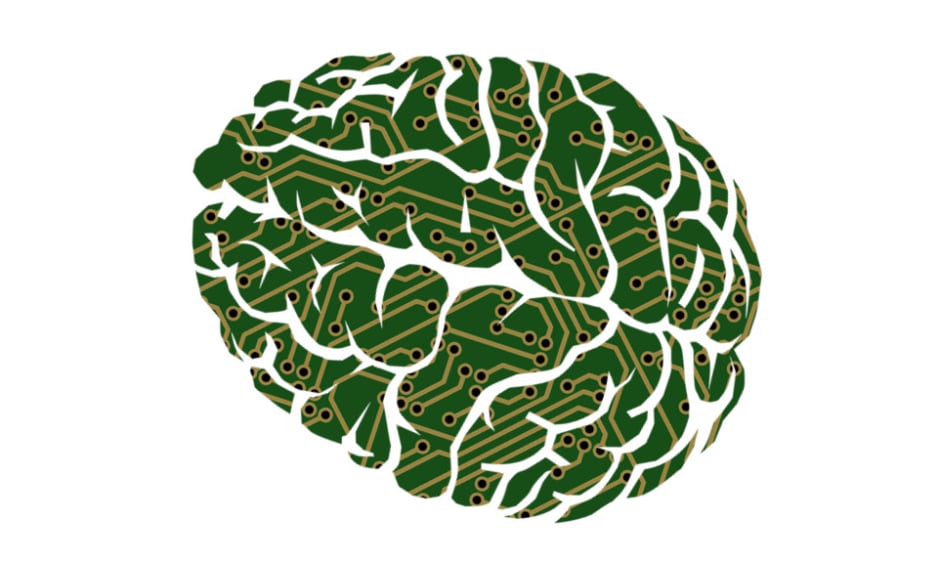CHILDREN with autism have impairments in a brain circuit that normally makes social interactions feel rewarding, thereby inhibiting the development of social skills, according to researchers from Stanford University, California, USA. The findings could provide the basis for the creation of new treatments that strengthen the mesolimbic reward pathway.
MRI Scans
In the study, MRI brain scans of 40 children with autism and 44 without were collected; of these, brain wiring in 24 children with the condition and 24 without were examined in addition to functional connections in 16 children with autism and 20 children without autism. While having their brains scanned, the children looked at social or non-social images (pictures of faces or scenery). The researchers then followed this up by examining the brain wiring of another 17 children with the disorder and 17 without. The participants in the study were aged between 8 and 13 years of age.
Lower Density Nerve-Fibre Tracts
The researchers discovered that the nerve-fibre tracts had a lower density in children with autism compared to those without in the mesolimbic reward pathway; when an emotion-related brain pathway was examined as a control, no such differences between children with and without the disorder were observed. Amongst the children with autism across both cohorts, a standard clinical evaluation of their social skills linked lower density of the nerve-fibre tracts with greater social impairment. Additionally, weaker functional connections in the same brain circuit were found in the children diagnosed with autism.
Clinical Treatments
The study suggests that developing new treatments that strengthen this area of the brain could help children with the condition. “Social interaction is usually inherently rewarding. If it’s not rewarding enough to a child with autism, that could have cascading effects on other brain systems,” said Prof Vinod Menon, Stanford University, commenting that if children do not find social interactions rewarding, they will avoid such scenarios that are essential for the development of social-communication skills. “Our findings suggest that this is a brain system that should be targeted early in clinical treatments,” he added.
Further Study
The next stage is to find out if similar brain deficits are present in younger children with autism. The team also added that they would like to discover whether a reward-based learning paradigm could alter the structural and functional integrity of the brain’s social reward circuits.
James Coker, Reporter
For the source and further information about the study, click here.








